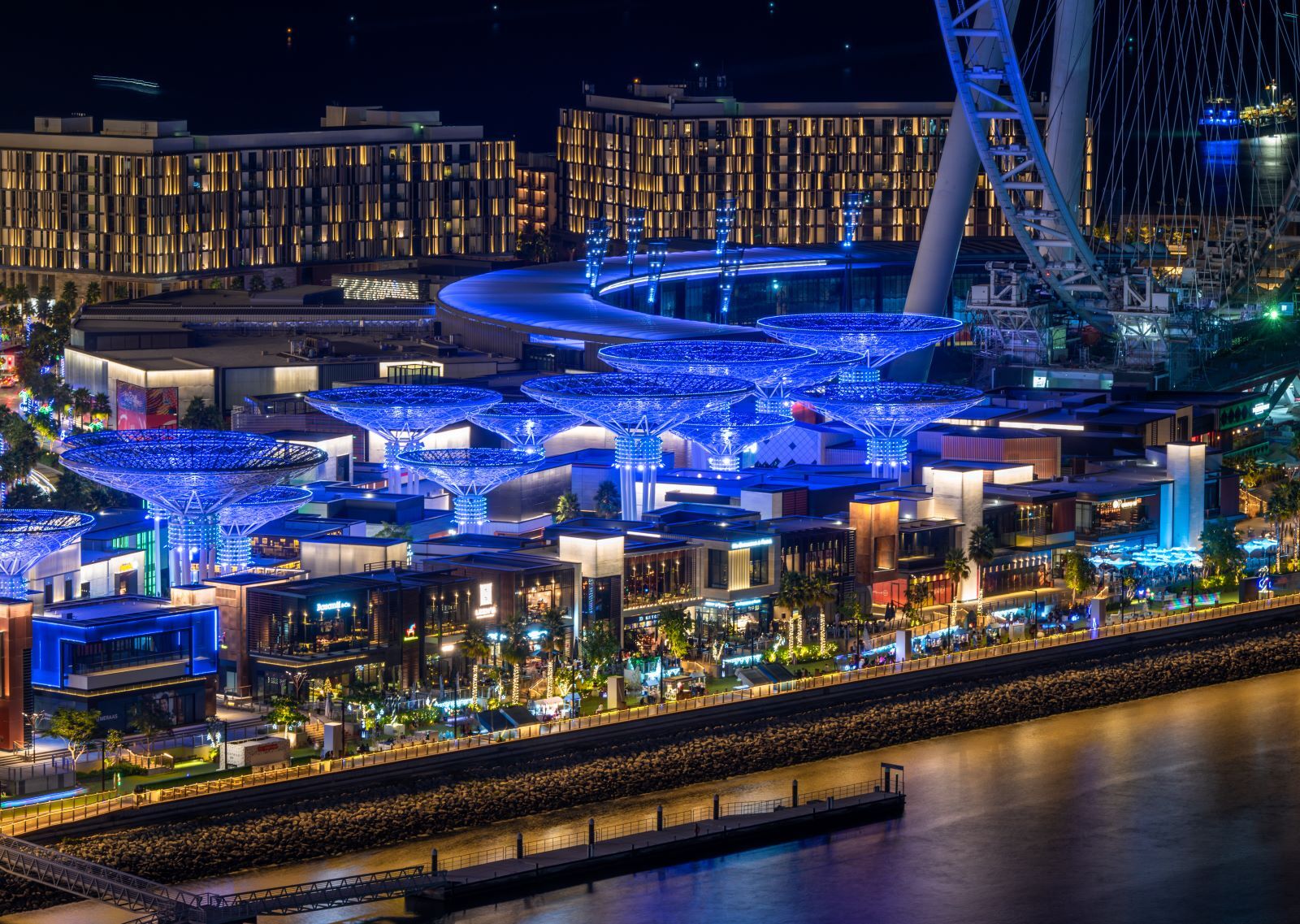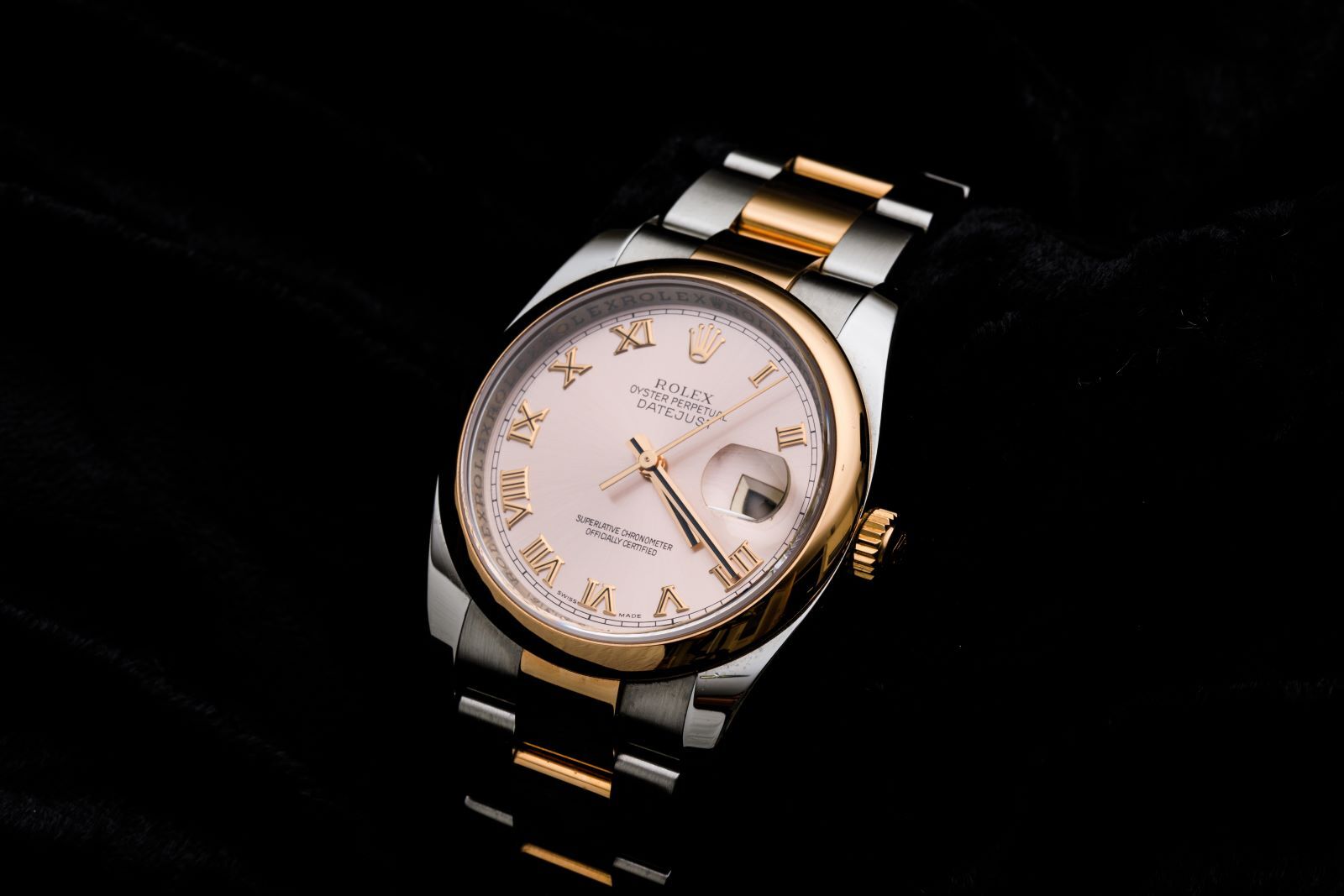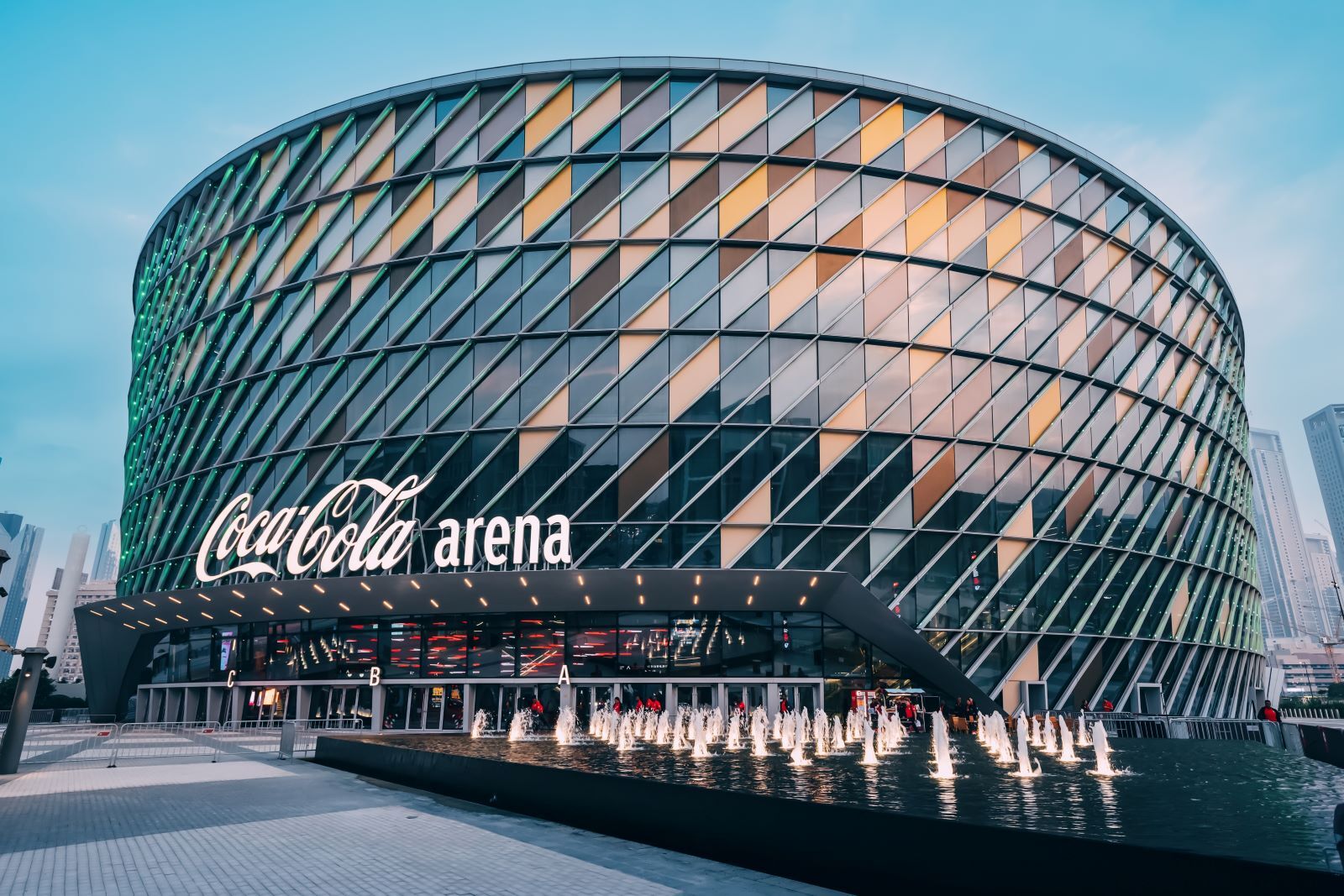Freehold vs Leasehold Properties in Dubai – Key Differences
Published: 25 July 2025
In the early 2000s, buying a home in Dubai as a foreigner meant navigating leases rather than deeds. With true ownership out of reach, expats could only secure long-term lease rights on a property (a ‘leasehold’) – typically up to 99 years. Then came 2002: a landmark year when Dubai’s government issued a decree that transformed the market by allowing foreign nationals to buy and own property on a freehold basis in designated areas. Today, there are more than 70 freehold areas and developments, but the first were Emirates Hills – a prestigious golf course community that remains the city’s most prized address – along with Palm Jumeirah and Arabian Ranches.
What Does “Freehold” and “Leasehold” Mean in Dubai?
In simple terms, owning a freehold property means you own the real estate outright – both the physical unit and the land it stands on. Your name is registered on the title deed as the landowner by the Dubai Land Department, and the property is yours indefinitely. A leasehold however is more limited. It grants you the right to occupy and use a property for a fixed long-term period (up to 99 years is common), after which ownership reverts to the original landowner. The owner is often a developer or government entity.
In some ways, a leasehold is like a long-term rental, while freehold is permanent ownership.
Relative to other major markets, Dubai is highly accessible to international investors and foreign freehold ownership is extended to multiple areas. These include some of the city’s most premium addresses and communities, such as Downtown Dubai, Dubai Marina, Palm Jumeirah, Emirates Hills, Arabian Ranches, Business Bay, Dubai Hills Estate, and Bluewaters Island.
Read more: Freehold Areas in Dubai
Prestigious neighbourhoods that have historically been home to Emirati or GCC families, such as Al Manara, Al Safa, and Jumeirah, are non-freehold for foreign buyers and typically only available on a leasehold basis – if at all.
Key Differences – Ownership Rights and Control
The fundamental difference between freehold and leasehold ownership is your rights as an owner. With freehold, you have full control over the property: you can live in it, rent it out, sell it, or even leave it vacant. You’re generally free to remodel the kitchen however you please, knock down a non-structural wall, or landscape the garden to your liking – as long as you’re within the developer or community guidelines.
For those thinking long-term, the biggest advantage to freehold investing is that ownership is indefinite, allowing owners to pass the property to an heir without a time limit. This makes it a powerful tool for generational wealth transfer, particularly in Dubai, which does not charge inheritance tax (a reduced 0.125% ‘hiba’ transfer fee will apply instead of the standard 4% DLD transfer fee).
Leasehold ownership on the other hand, comes with more restrictions. Because the land (and ultimate ownership) remains with the deed owner, a leasehold buyer must generally seek the landlord’s written approval for modifications or renovations. They may also – though not always – face restrictions with sub-letting. The main drawback here is that the home cannot be indefinitely passed down through generations as the lease is time-limited, which complicates long-term wealth planning. Despite this, leaseholding is sometimes the more suitable option, particularly in bullish markets where prices are high.
Leasehold properties are often more affordable than their freehold counterparts, offering a lower entry point and better value – for example, a larger unit for the same price. It’s also less demanding in some aspects: leasehold owners often face less responsibility for structural maintenance, as major repairs are typically handled by the landowner. And, for some, the defined timeline is a built-in exit strategy, avoiding the complexities of selling years later.
When is Freehold the Right Choice?
Freehold ownership suits buyers thinking long-term, whether for family, lifestyle, or legacy. If your goal is simply to secure a primary residence in Dubai, both leasehold and freehold offer stability without the volatility of the rental market. But, if you're looking to build equity, generate rental income, or pass property on to the next generation without restrictions and additional paperwork, the benefits of freehold ownership are considerably stronger.
There are no timelines to navigate, no major renovation restrictions (if you remain within community or developer guidelines), and you can lease or sell the property whenever market conditions make sense. For international investors, this often translates into higher returns through untaxed rental yields and capital appreciation – especially in prime neighbourhoods like Dubai Hills Estate, Jumeirah Bay, and Palm Jumeirah. Data shows that cosmetic upgrades can boost capital prices by 10-30%, while more premium renovations and remodels can more than double profits. Though some leasehold landlords will permit renovations, few are likely to accept extensive changes or remodelling.
Whatever form your freehold property takes, you're securing a lasting stake in a globally connected, tax-efficient city, where ownership is recognised, protected, and permanent. For many, that sense of certainty is reason enough.
Final Take – The Market in a Global Context
Freehold may be the gold standard in Dubai, but globally, leaseholding is far more common than many realise. In Prime Central London, the vast majority of apartments are sold on a leasehold basis, often with as few as 80 or 90 years remaining. In Hong Kong and Singapore, most private property sits on state-owned land that is leased to homeowners for fixed terms, usually between 50 to 99 years. Even in New York, housing cooperatives – which closely resemble leaseholding structures – still dominate large parts of the market.
What Dubai offers, then, is choice. Foreign buyers can secure full ownership in some of the city’s most sought-after districts, without encroaching on historic neighbourhoods long held by multi-generational Emirati families.
Ultimately, the right choice comes down to intent. For lifestyle-driven buyers, leasehold may be more than sufficient. But for those building a portfolio, planning for inheritance, or simply seeking autonomy and permanence, freehold remains Dubai’s most compelling proposition.



